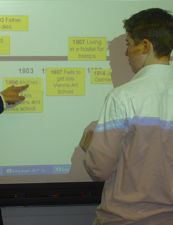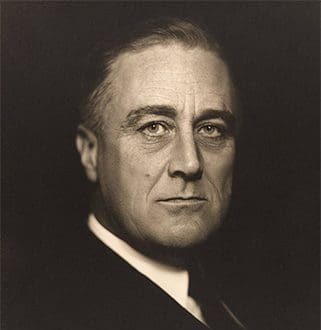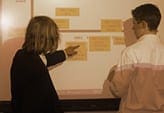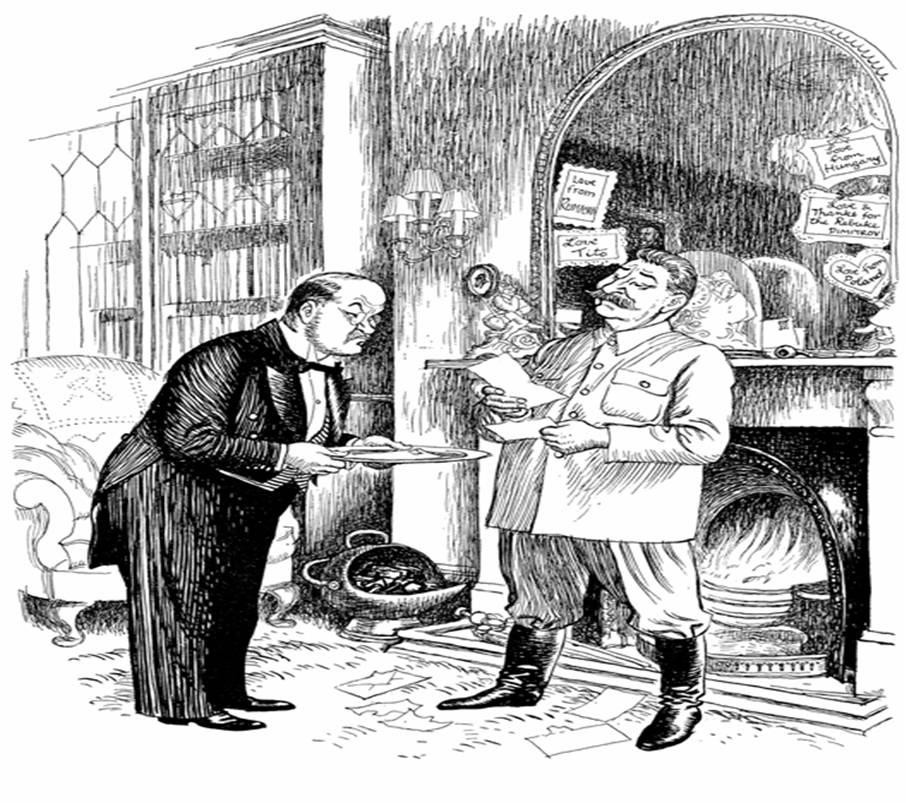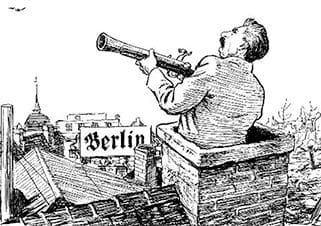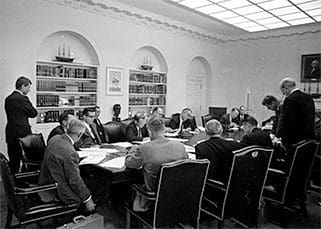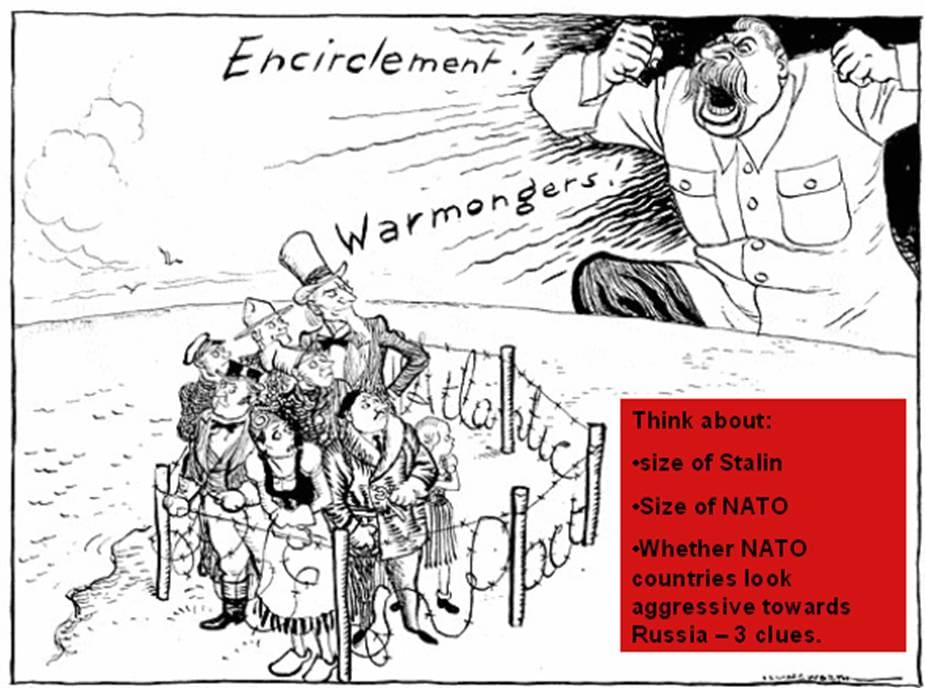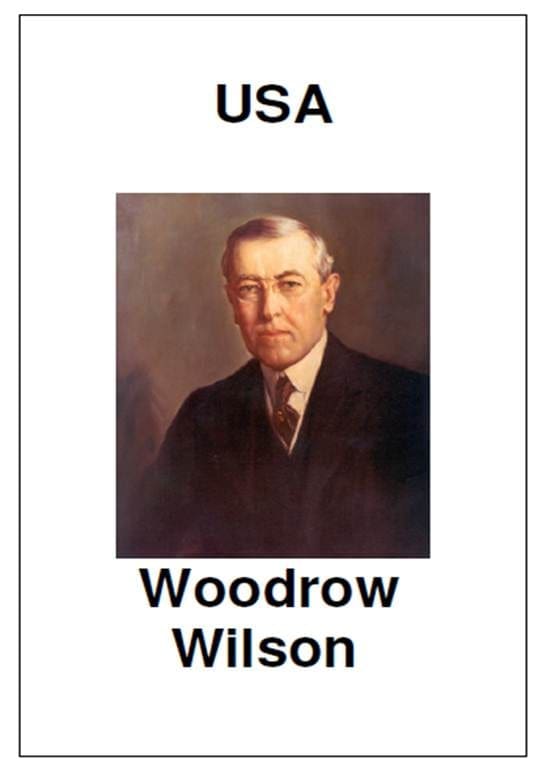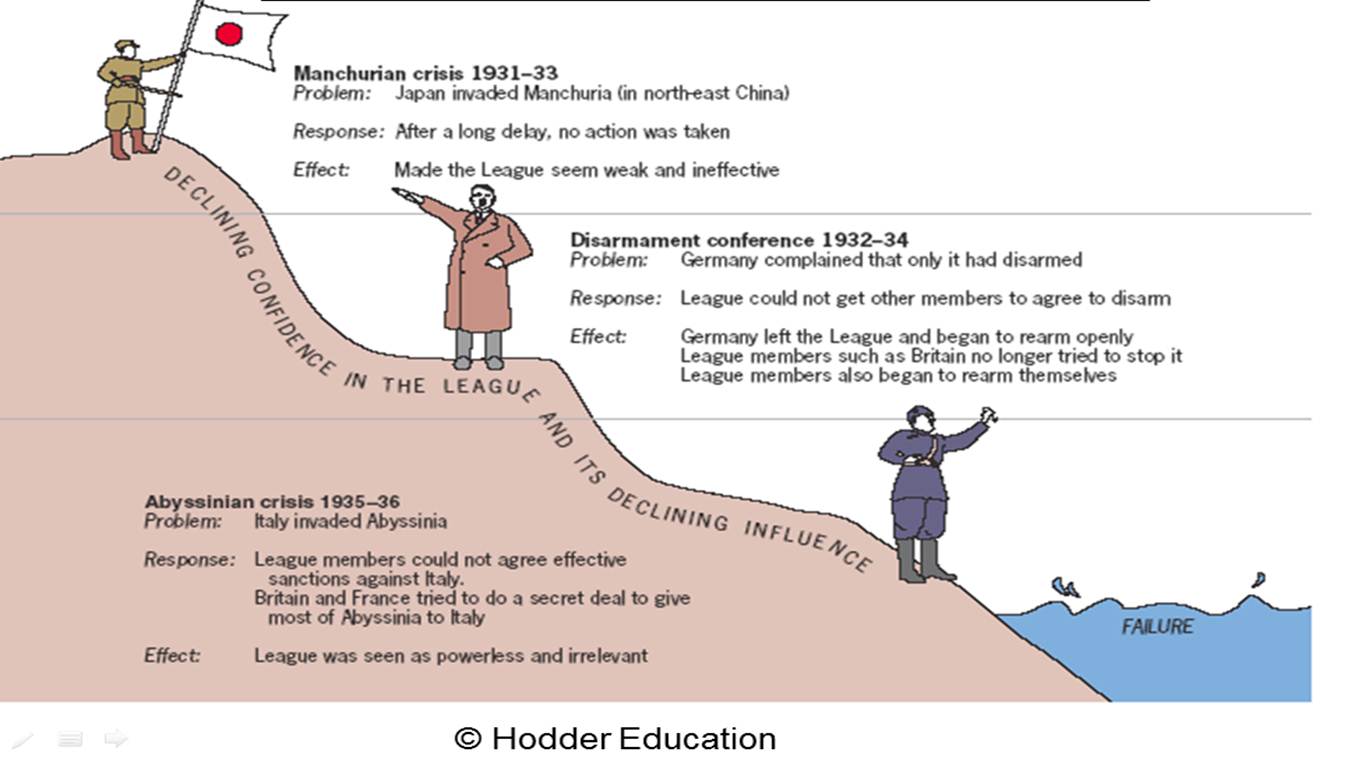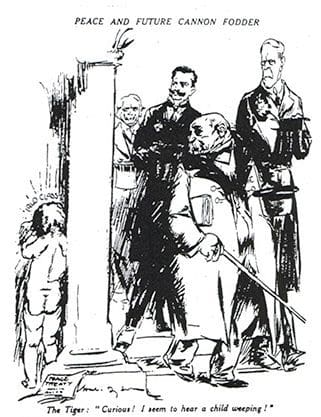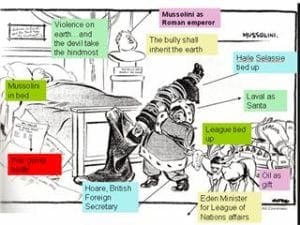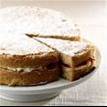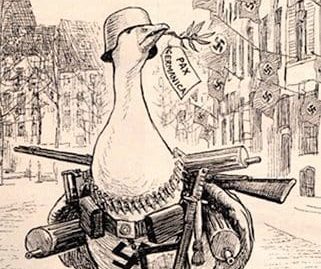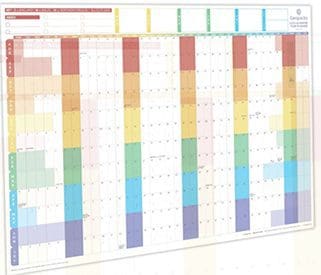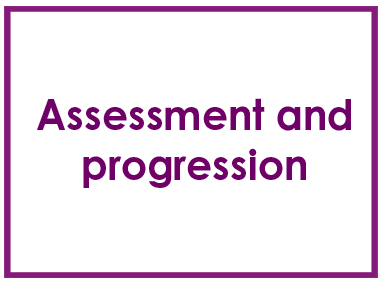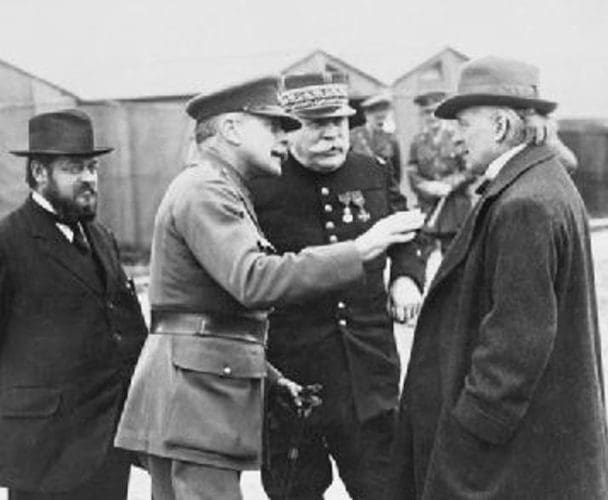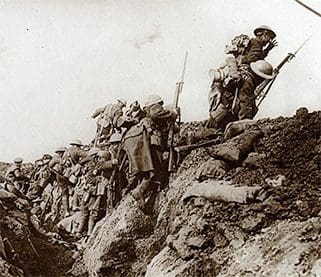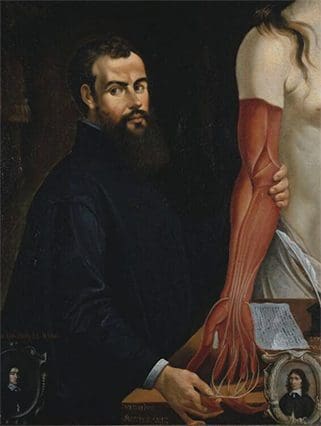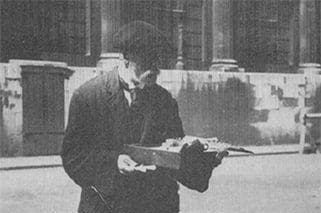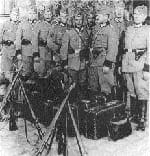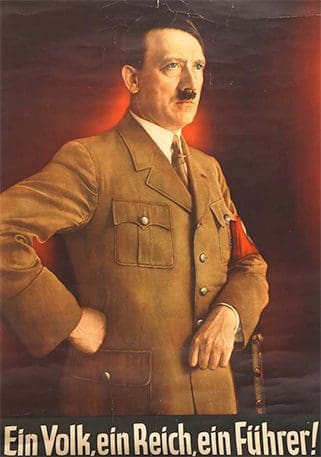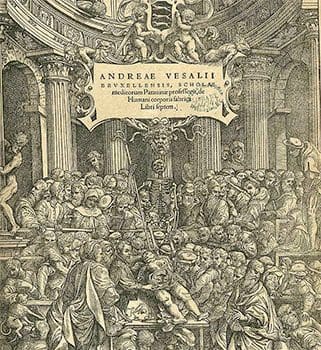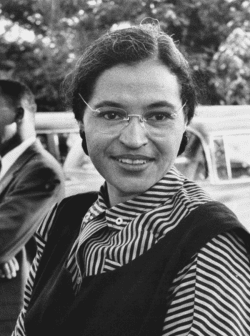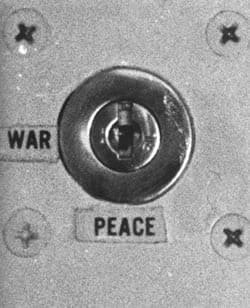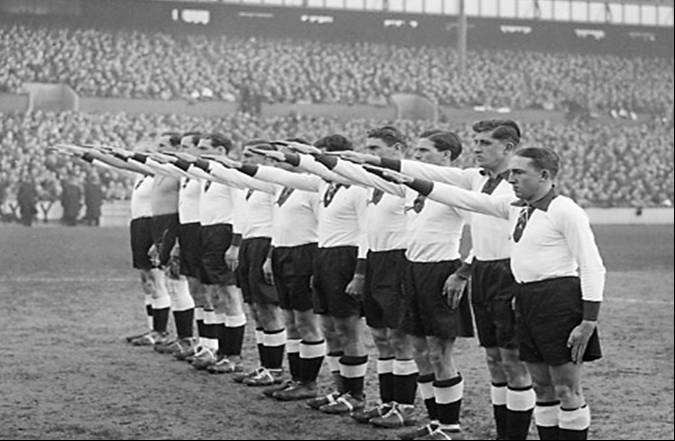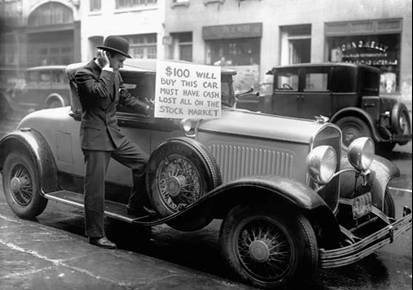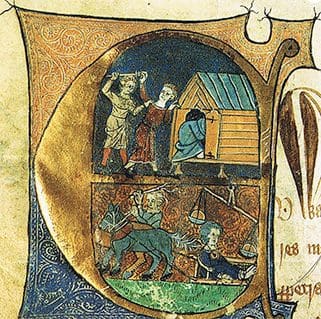Key stage 4 history
Why was there a boom in the US economy in the 1920s?
This lesson was designed for Y10 students on the C/D borderline who were underachieving and were falling down on the…
Read MoreRoosevelt and the 1936 election: can you write his manifesto?
It is the year 1936 and Roosevelt wants to be re-elected. Students work in groups to create his campaign manifesto…
Read MoreRecommended Resources
The main headings focus on the historical background to Bloody Sunday and are organized as below. Division & Peace Ireland’s…
Read MoreSMART TASK Russian take-over of Eastern Europe, 1946-9: Interpreting a political cartoon.
This simple activity encourages students to look at all the clues the cartoon provides, one at a time. As they…
Read MoreSMART TASK Key Stage 4 Deciphering a Cold War cartoon, using the slow reveal technique.
The interactive PowerPoint presentation of the famous Stalin’ The Birdwatcher’ cartoon encourages students to add layers of meaning as more…
Read MoreSMART TASK Key Stage 4: The Cuban Missile Crisis. Who was the real winner, Kennedy or Khrushchev?
Coming at the end of a study of the Cuban Missile crisis, students have to consider the ways in which…
Read MoreWho was more responsible for increasing Cold War tension between 1945 and 1949, the USA or the USSR?
This lesson challenges students to prepare a court case against both countries. The case against the USA will be made…
Read MoreWhy did the US lose the war in Vietnam? A piece of cake?
In this lesson students focus on moving their understanding of the reasons for US defeat from simply listing and grouping,…
Read MoreSMART TASK: Who said what at Versailles? A fun competitive team game with a serious purpose
This simple activity asks students to think who would be the most likely person to make this statement at the…
Read MoreSMART TASK: At what stage would you say it was obvious that the League of Nations would fail to keep peace?
This short task and associated homework asks students to beat the textbook. First they are reminded of the record of…
Read MoreCould the Treaty of Versailles be justified at the time?
This lesson was taught by Claire Conley-Harper and her excellent team of history teachers at Court Moor School in Fleet,…
Read MoreWas it the Manchurian or the Abyssinian crisis that spelled the end of the League of Nations?
There is a website that offers GCSE students this essay but at a cost. It is fairly accurately called www.cheat.com….
Read MoreWhy did the League of Nations fail?
It’s a piece of cake (F.A.I.L.U.R.E. is not an option) Students have already studied the major episodes in the history…
Read MoreInvasion of the Rhineland 1936 – a study in political cartoon analysis
All too often when the students see political cartoons in textbooks they focus on an oval shape in the centre…
Outstanding Lessons: Key Stage 4
There is probably more material already on the web for GCSE history teaching at KS4 than for any other key…
Read MoreForward planning in history at Key Stage 4
There are probably four separate strands that you need to weave into your forward planning. To start with there will…
Read MoreHow might history targets be shared with students at Key Stage 4?
Target setting has now become a central feature of teachers’ professional life. With the advent of some pretty robust data…
Read MoreProgression in history at KS4 – general
Little has been written about progression in history at Key Stage 4, almost as if following the GCSE specification would…
Read MoreAPP in history: where are we now? Some key questions answered
Q1. What is APP? An old idea with a new name? A1. At present the plans to roll out APP across…
Read MoreProgression in history at KS 4 – skill specific
It is interesting to note that most of the recent focus on progression has been placed firmly on Key Stage…
Read MoreAssessment for learning at KS4
This section focuses mainly on peer assessment as I firmly believe that this is the best way forward at KS4. …
Read MoreJudging students’ work at KS4
Most teachers will be familiar with marking KS4 answers. It is far less tricky than it used to be, given…
Read MoreAssessment tasks in Key Stage 4 history
Now that all the exam boards make past papers available on-line, and that textbooks written by Chief Examiners all now…
Read MorePrinciples of assessment in history at KS4
The key issues to be aware of at Key Stage 4 relate mainly to the way students are involved in…
Read MoreExplaining why there were so many casualties on the first day of the Battle of the Somme. SMART TASK
This task, suitable for KS3 Year 9 or KS4 students, presents them with something of a conundrum. When the Allies…
Read MoreWhy are these accounts of the Battle of the Somme, written by the same person, so different? SMART TASK
This task, suitable for Y9 in KS3 or KS4, drives at the heart of source evaluation. Students explore two sources,…
Read MoreVesalius’ claim to fame. Using the B.A.D formula to prepare for a BBC interview
The BBC is making a documentary on Renaissance medicine in which they have devoted two minutes to the work of…
Read MorePrehistoric Medicine: Getting your GCSE course off to a great start
This lesson was taught by Mike Herrity when Head of History at Wildern School, Hedge End, near Southampton. On an…
Read MoreWhy was this World War One painting censored?
Students studying Britain during World War One, whether it be for AQA, OCR or Edexcel, need to know about censorship….
Read MoreHow have cartoonists portrayed the Liberals Old Age Pensions reforms?
This lesson takes a familiar cartoon but gives it an original twist. Instead of seeing the cartoon all at once,…
Read MoreBattalion 101. Why did they shoot? A history mystery
This lesson could be used as part of a Year 9 course or with the Germany module of Y10/11 SHP…
Read MoreSMART TASK: Germany 1933-34 Revision Quickie
Which factors played their part in establishing Nazi dictatorship in 1933-4? Subscribers only: You must be logged in to view this…
Read MoreViews of learners in history at KS4
Over the past six or seven years interest in the pupil or student voice has soared. We are now fortunate…
Read MoreRoles for Learners: Key Stage 4
When so much of Key Stage 4 time is spent making sure that students know enough to answer any GCSE…
Read More’50’ imaginative learning activities for Key Stage 4
We all know that the learning experience for students at Key Stage 4 could be more varied in some schools….
Read MoreThe learning approach in history at Key Stage 4
Learning in Key Stage 4 history lessons is nearly always good but rarely is it outstanding. Because we are so…
Read MoreCreativity in Key Stage 4 history
When the demands of the examination, and the results, loom large over our GCSE teaching, you might be forgiven for…
Read MoreWhat is history at Key Stage 4?
You may be forgiven for thinking that this is a really crass question. If you don’t know by now, and…
Read MoreSMART TASK: GCSE questions on Renaissance Medicine
Using Zones of relevance to answer two possible questions on Renaissance Medicine. Have you ever despaired of GCSE history students…
Read MoreRosa Parks – the true story
This open-ended enquiry explores one of the most abiding stories of American Civil Rights. Students are invited to advise a…
Read MoreSmart Task: How close to World War Three did the world come in the 65 years after World War Two?
Helping pupils to develop overviews of different timescales is central to the Key Stage 3 curriculum. When so few carry…
Read MoreGCSE Modern World history: Using history of football to interest boys in Inter-war relations 1919-39
If you have ever found it difficult to motivate boys looking at the Inter-war years from 1919-39, why not try…
Read MoreMarking the anniversary of the Wall Street Crash
To mark the 80th anniversary of the Wall St. Crash in 1929, the Guardian produced a simple guide to the…
Read MoreWere medieval crimes and punishments as brutal as people think? Two smart tasks
First students work collaboratively to distil from 16 pieces of evidence provided, the ones they think give them the most…
Read MoreWhat to look for in your excellent history lessons: Your starter for 12
This is not meant to be painting by numbers. You will see from the detail of the many outstanding lessons…
Read MoreICT and history at Key Stage 4
There are a number of ways in which ICT is already being used successfully in history that go far beyond…
Read More
